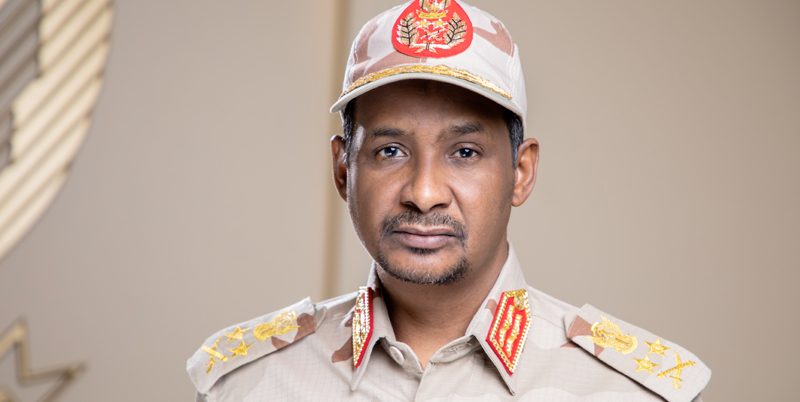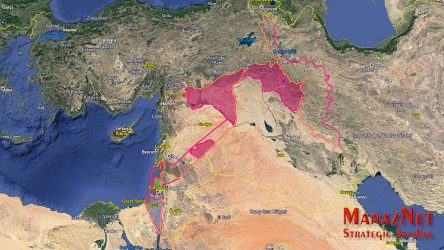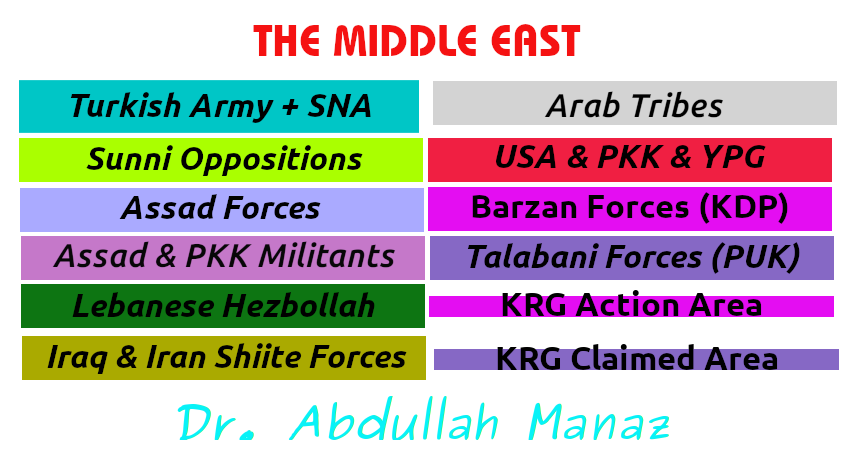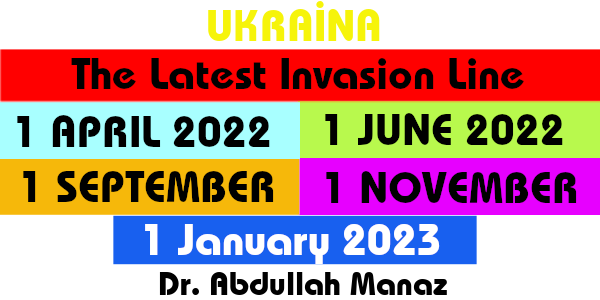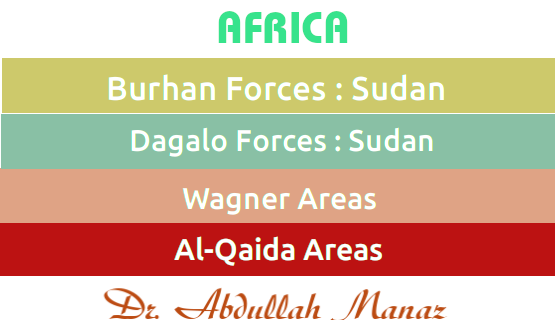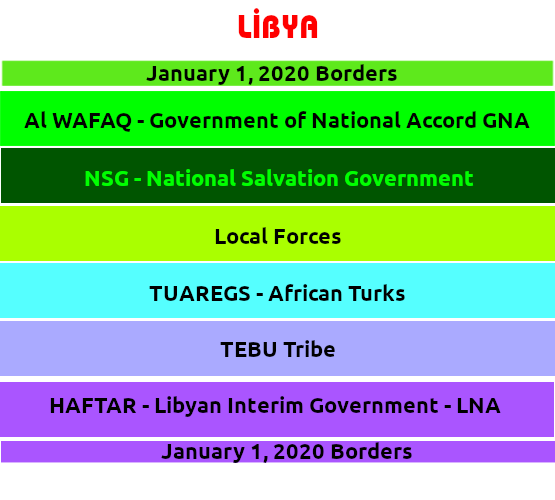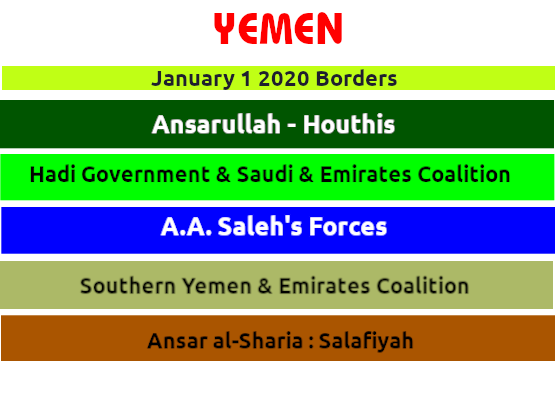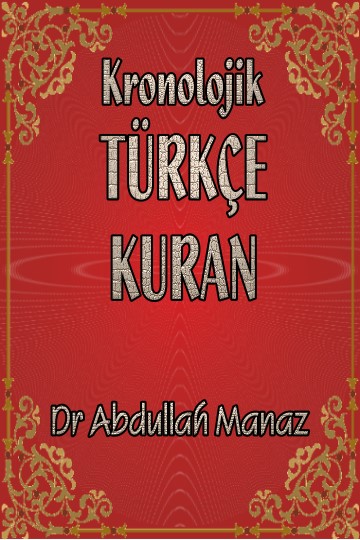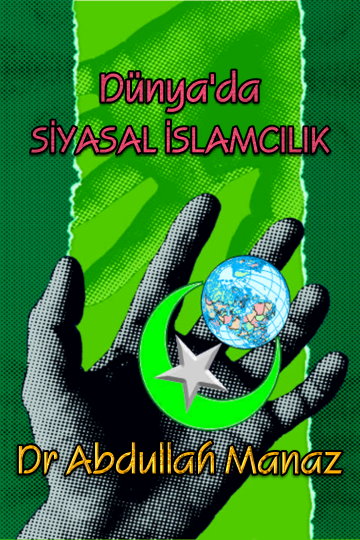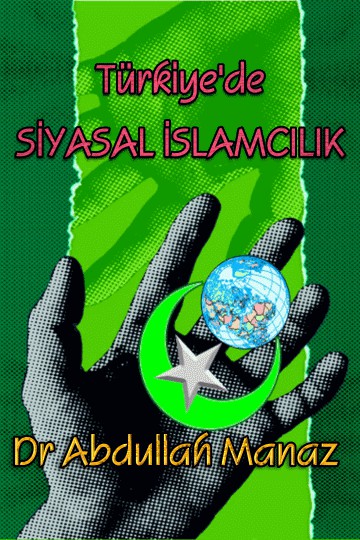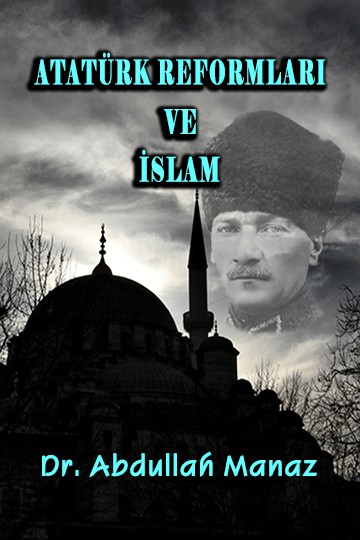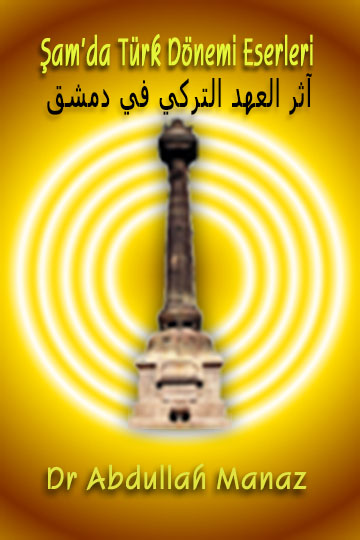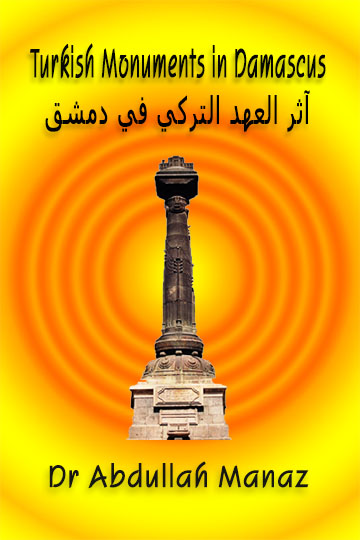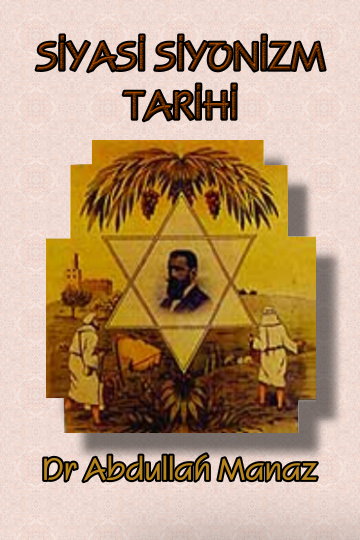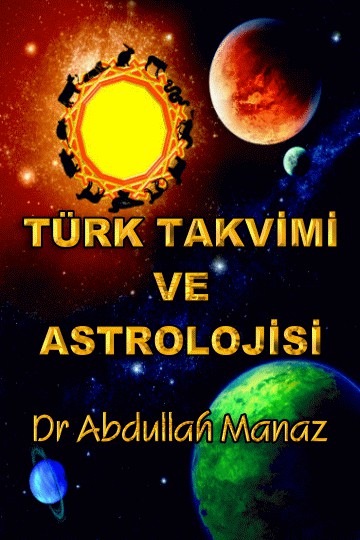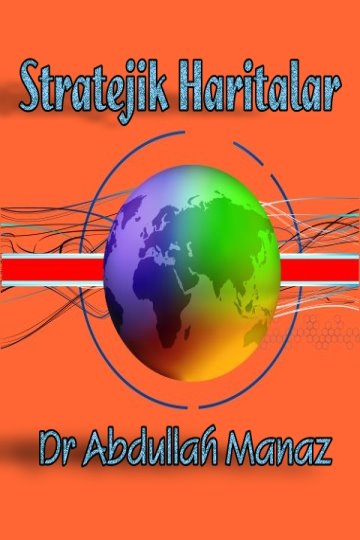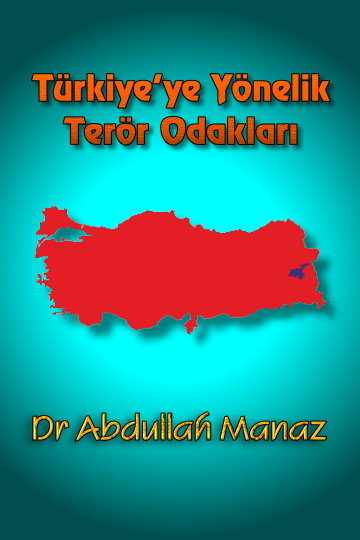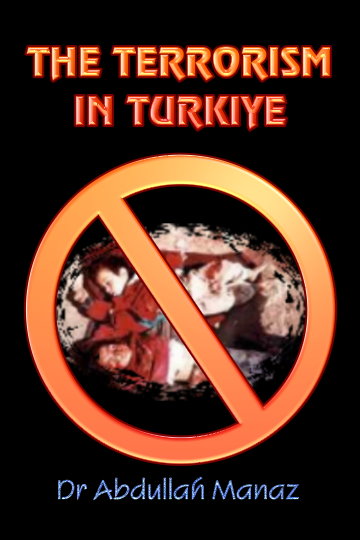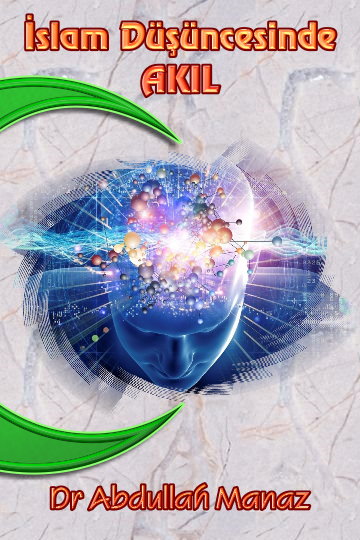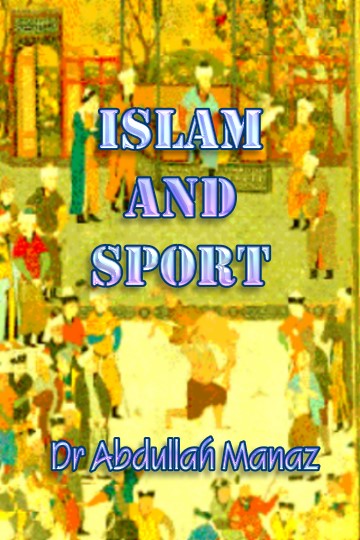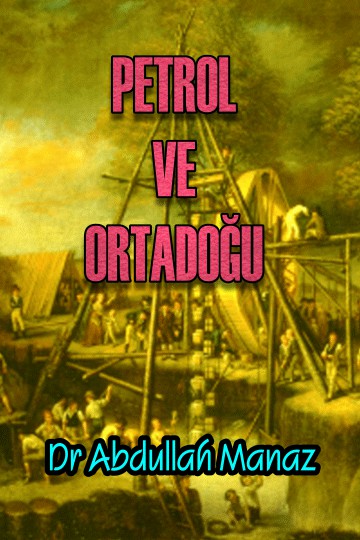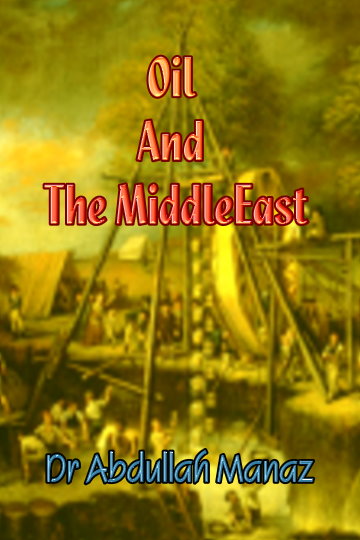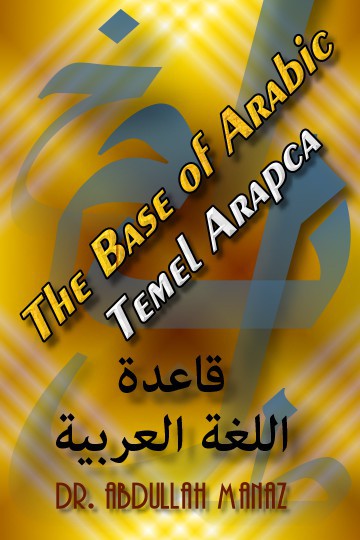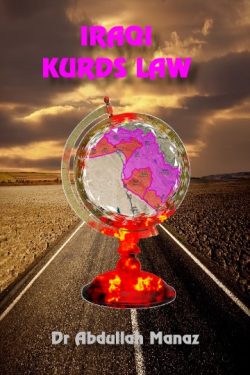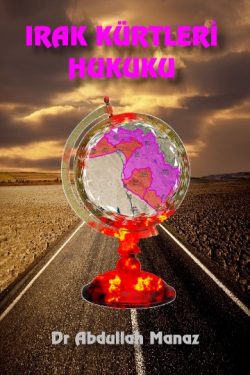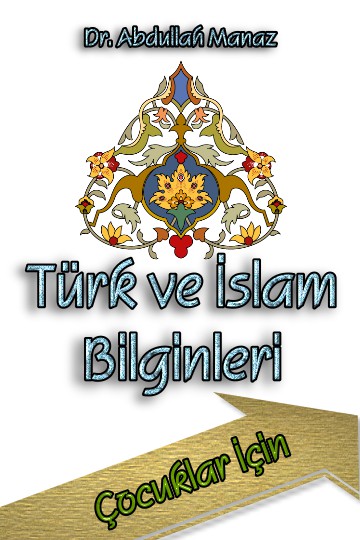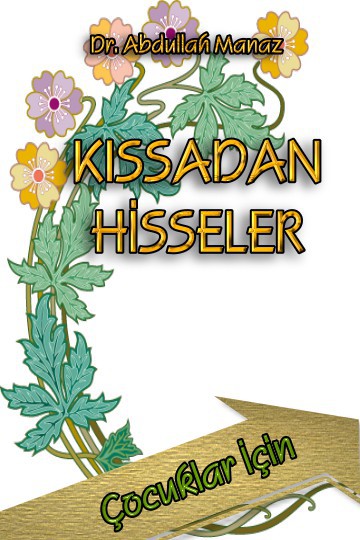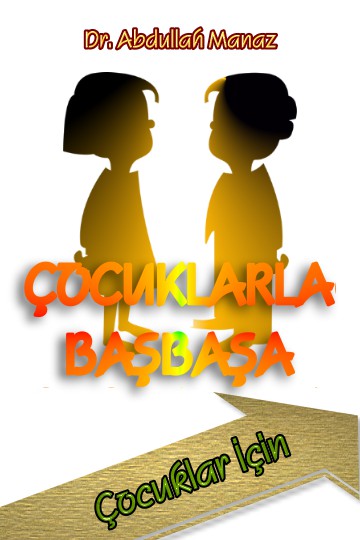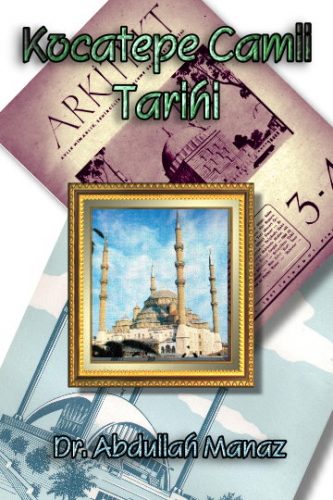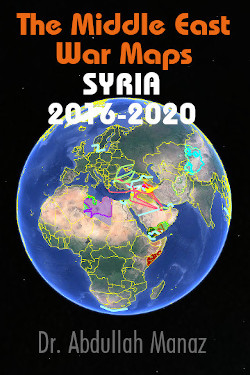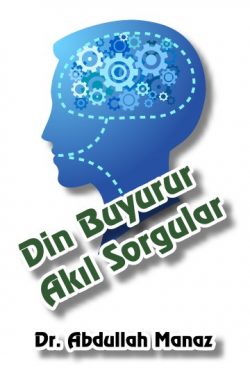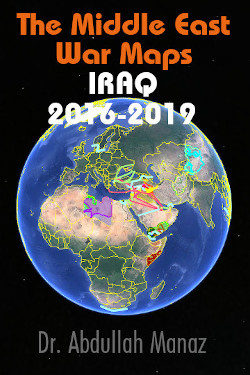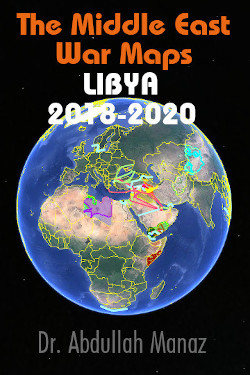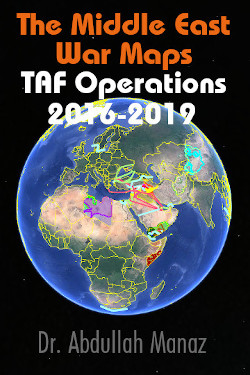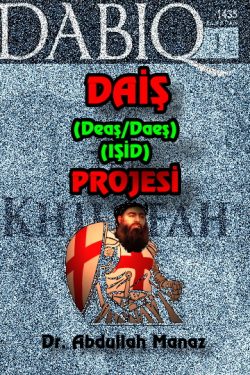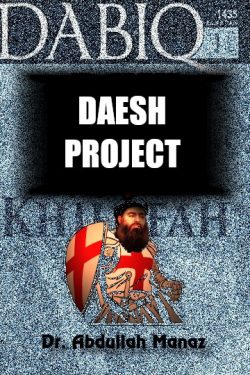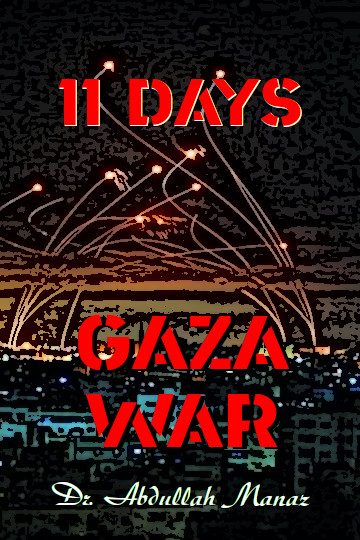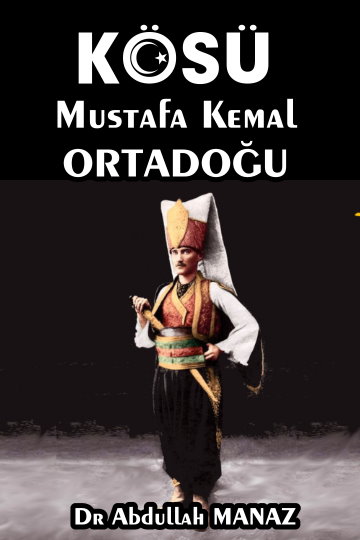Mohamed Hamdan Daglo
Sudan Rapid Support Forces Leader
RSF vision for a comprehensive settlement to end the war and to build a new Sudan, with inclusive national institutions based on democratic values, and governed by a democratically elected government.
Introduction
The war that erupted on April 15, 2023, reflects the deep-seated crisis of governance Sudan has experienced since it gained independence on January 1, 1956. The years have been marked by repeated and prolonged civil wars, and by military coups. Civil society organizations and political movements that have tried to foster peace and positive change, have been silenced through the use force by leaders who readily resort to violence in order to quash dissent and keep power in the hands of military and political elites.
The result has been to turn Sudan, an industrious nation with a rich history and cultural identity and with huge potential for development and economic success into a fragile and broken country in which human suffering, disenchantment, and dysfunctional institutions are the norm.
These ever-widening deficiencies have been particularly evident in the security and military sectors, as well as in the divergent perceptions of Sudanese identity that have hindered the state’s practical commitment to the principle of equal citizenship – a cornerstone of modern statehood.
Similar to previous Sudanese wars, the current civil confrontation was not the preferred choice for those advocating a constructive change toward democracy. Clearly, armed conflict is not the optimal solution for addressing the issues of nation-building and the establishment of democratic institutions. In full appreciation of that fact, the Rapid Support Forces (RSF), nonetheless found itself, much to its dismay, compelled to engage in a war that it did not seek, nor initiate. Our insistence on ending the confrontation encompasses our insistence that any settlement implemented must set the country on the path to a full civilian rule based on democratic norms and an institutional framework that fully represents the country’s ethnic diversity.
RSF leadership has positively responded to regional and international efforts aimed at assisting Sudanese parties in achieving a comprehensive political solution. This solution must address the root causes of Sudan’s wars through a broad and inclusive dialogue involving all civil stakeholders, and be based on building a new Sudan founded on democracy, diversity, tolerance, and genuine peace – elements that can only be achieved and sustained through social justice.
To achieve this, the RSF believes that there are overarching principles that must guide any future settlement, along with specific issues that must be addressed. The parties involved in the process must be carefully and responsibly chosen in order to avoid subterfuge of negotiations by the forces opposed to change and democratic transformation in Sudan. It must be born in mind that in the first place, t there was a revolution against the old regime that ignited this war to prevent the revolution from achieving its objectives and return it to power once again.
General Principles
1. Efforts to end the protracted crisis must be directed toward achieving a lasting ceasefire, coupled with comprehensive political solutions that address the root causes of Sudan’s wars. The current conflagration must mark the beginning of the end of all wars in Sudan. Achieving this goal necessitates a process that rectifies historical grievances, restores rights, facilitates a peaceful democratic transition, and ensures sustainable peace while implementing transitional justice.
2. Governance should be democratic and civilian, predicated on free and fair elections at all levels of government. This empowers all Sudanese citizens to participate actively and genuinely in shaping their political destiny. Those governing at various political levels should be represented fairly, reflecting Sudan’s diverse regions through representative structures agreed upon by all regions.
3. All citizens of Sudan, representing diverse regions, cultures and ethnicities, possess inherent right to manage their own economic, political, social, and cultural affairs. Through their chosen representatives, they should agree upon the powers exercised collectively that regions of Sudan cannot independently wield. Given Sudan’s remarkable diversity, a non-symmetrical federal system, in which the nature and types of powers exercised by constituent units of the federal union vary, is most suitable for governing Sudan.
4. There is an indispensable need to dismantle illegitimate monopolistic tendencies of power and influence, whether narrow ideological, partisan, familial, tribal, or regional, in order to give power back to the masses. Sudan must be founded as a genuine republic where power and influence are held by all Sudanese citizens, who could differ in political status only through fair and free elections within a genuine federal democratic system that is based on power-sharing and participation.
5. In order to achieve a sustainable peace it is imperative that all structural violence is ended, entirely and permanently. The state has exercised this violence against broad segments of Sudanese citizens, particularly in the peripheries of the country. This entails, among other things, stopping the continuous assaults by state institutions on citizens, their lands, and their property. Peace also necessitates addressing inequalities in political participation, wealth distribution, and opportunities available to communities, groups, and individuals, enabling them to advance to the fullest extent possible in a society characterized by social justice.
6. The broadest possible political and social base for participation in political parties, civil society organizations, and interest groups, must be ensure. This includes, in particular the inclusion of women, youth, and minorities from all regions of Sudan. This must transpire without the drowning of political negotiations with elements of the old regime and its anti-democratic forces.
7. It must be emphasized that the issues of political resolution are inseparable from those of sustainable peace. Therefore, the matter of involving all Armed Struggle Movements and stakeholders in the conflict and war-torn regions, particularly displaced persons, refugees, nomads, women, and youth, is of paramount importance.
8. The necessity of building a new Sudanese army from the existing multiple forces must be appreciated. This is aimed at creating a single, professional, national military institution that remains apolitical. This institution should reflect Sudan’s diversity in its leadership and membership, in line with demographic weight, and be tasked with protecting the constitution and democratic order. It should also respect the well-established principle of civilian control and oversight over the military institution. In this regard, lessons from regional and international experiences of building new armies meeting these specifications and standards should be beneficially employed.
9. Civilian and military institutions of the state must be established on internationally recognized foundations to ensure the national and professional character of bureaucratic institutions, as well as the military and security apparatus of the state. This is a necessary step to eliminate internal partisan and/or political influences. This aims to enhance the effectiveness of these institutions and agencies, enabling them to better serve citizens and prevent conflicts.
10. There must be an honest recognition of the importance of implementing the principle of countering hate speech and agreeing on a set of legal reforms, as well as the adoption of policies that promote peaceful coexistence and acceptance of and respect for others.
Negotiation Issues
From our perspective, negotiation issues encompass, but are not limited to; the creation of a new national and professional army; the transitional period and civilian transitional governance; comprehensive and sustainable just peace; the federal system and its structures, levels, authorities, and resource allocation; transitional justice; democratic transition mechanisms such as elections and population census; the national and professional nature of civil service and public institutions; the issue of separating the state from narrow identity affiliations, be they religious, cultural, or ethnic; the matter of Sudanese languages; and the process of constitution-making.
Participating Parties
The predominant reality in Sudan since December 2018 has been the successful revolution. This revolution has removed the al-Bashir regime and elements of the former regime from power, paving the way for the construction of a new democratic state in Sudan. This revolution was primarily aimed at the ideological group that had held sway over the state, political parties, and figures aligned with it. The revolution was spearheaded by political, civil, and armed leaders and organizations known for their unwavering commitment to the cause of change and democratic transformation.
Consequently, participation should primarily involve the forces that resisted the authoritarianism of the al-Bashir ideological regime’s leaders and brought it down. These forces, which are in the center, as well as in the peripheries, include professionals, the resistance committees, the youth, and women’s rights organizations. In this regard, Sudan’s peripheries should be justly represented, especially the marginalized regions that have long suffered from the ravages of war.
In our perspective, participation should not include the National Congress Party or the other elements of the old regime, who have been working to hinder democratic transformation, including by igniting the recent war. Participation by groups and individuals who have been working, secretly or openly, against the change to democracy during the years that followed the al-Bashir regime’s fall will only work to set the democratic reform process back and tragically ensure its failure once again.

